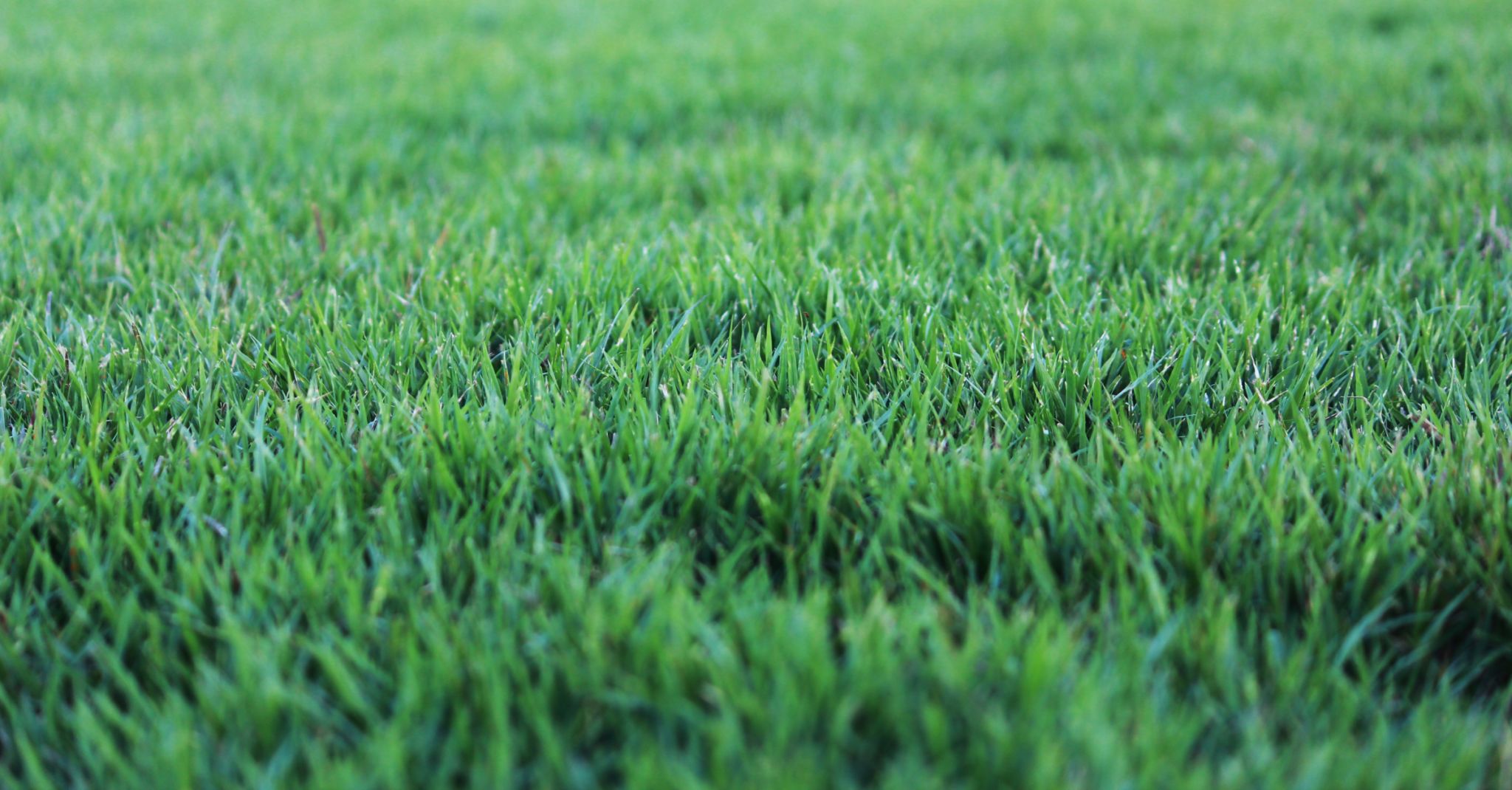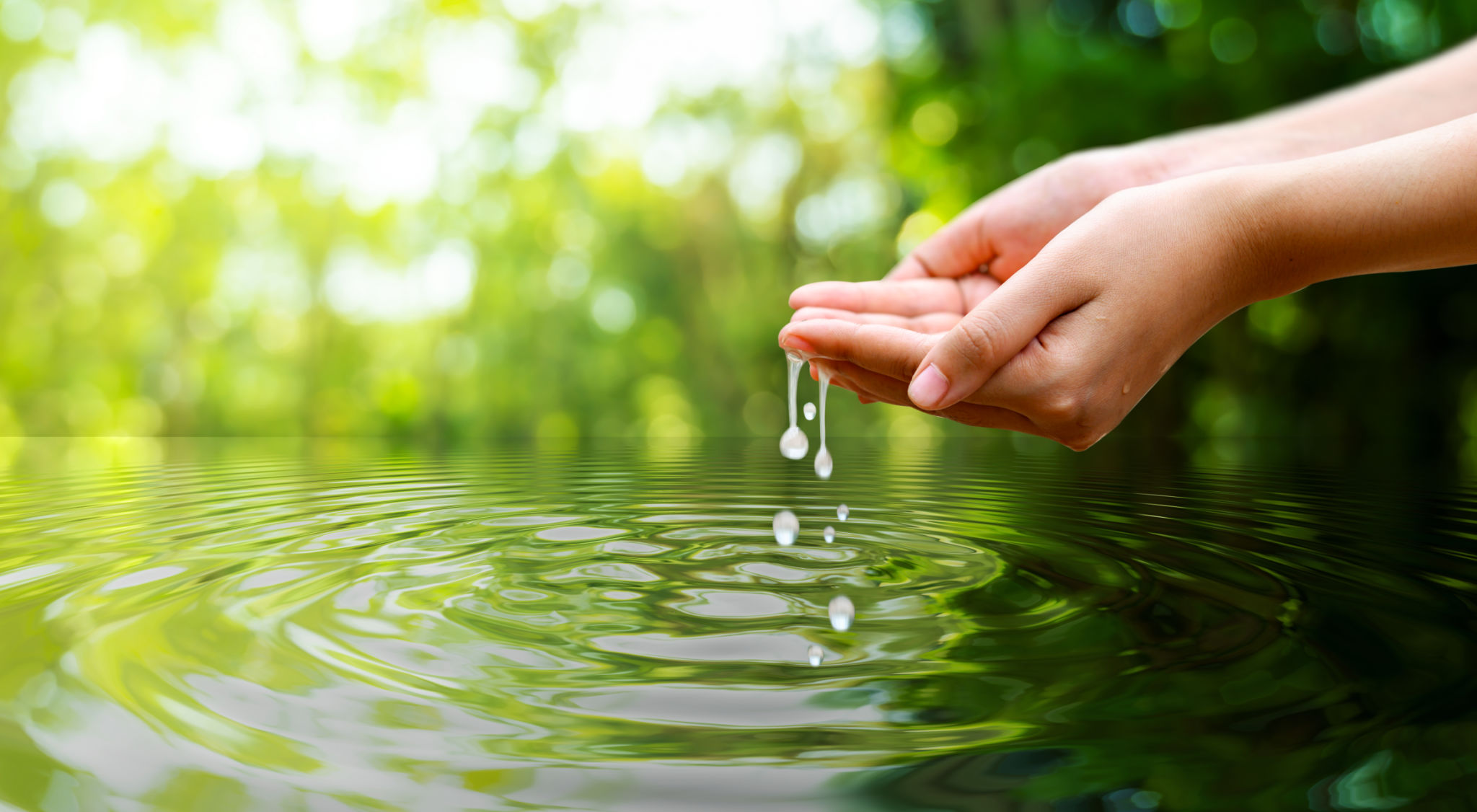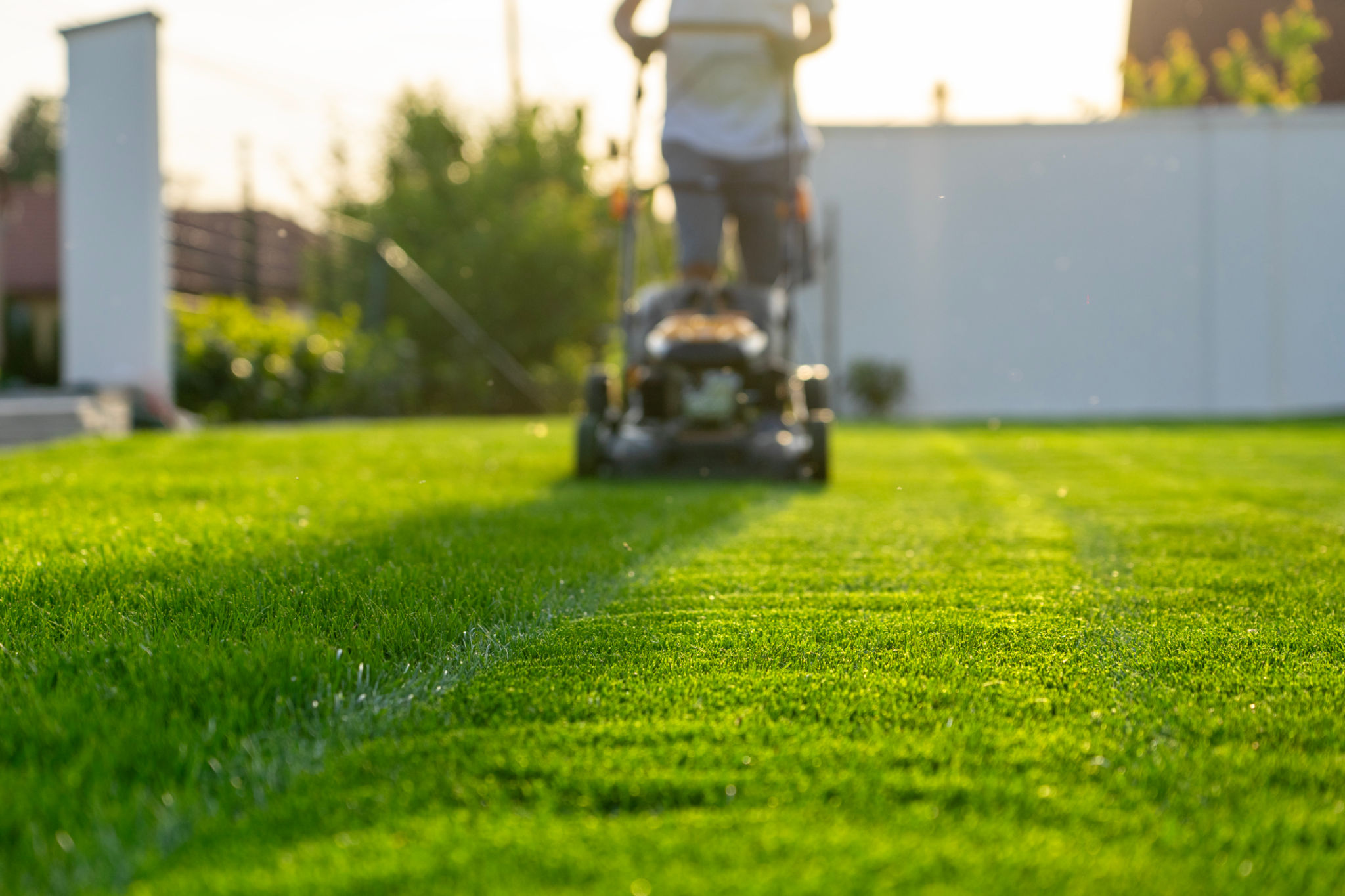DIY Eco-Friendly Lawn Care: Tips for a Greener Yard
Introduction to Eco-Friendly Lawn Care
Maintaining a lush, green lawn doesn't have to come at the expense of the environment. By adopting eco-friendly lawn care practices, you can enjoy a beautiful yard while reducing your ecological footprint. Whether you're a seasoned gardener or a beginner, these DIY tips will help you achieve a greener lawn.

Choose Native Plants
One of the most effective ways to create an eco-friendly yard is by choosing native plants. These plants are naturally adapted to the local climate and soil conditions, requiring less water, fertilizer, and pesticides. Moreover, they provide habitat and food for local wildlife, promoting biodiversity.
Consider incorporating native grasses, flowers, and shrubs into your lawn design. Not only will they thrive with minimal intervention, but they will also add unique beauty and resilience to your yard.
Practice Water Conservation
Water is a precious resource, and conserving it is crucial for eco-friendly lawn care. To reduce water usage:
- Water early in the morning to minimize evaporation.
- Use a rain gauge to ensure you're not overwatering.
- Install a rain barrel to collect rainwater for irrigation.

Embrace Organic Fertilizers
Chemical fertilizers can harm the environment by leaching into waterways and disrupting ecosystems. Instead, opt for organic fertilizers like compost and manure. These options enrich the soil naturally, improve its structure, and promote healthy root growth.
Composting at home is easy and cost-effective. You can create your own compost bin using kitchen scraps, yard waste, and other organic materials. This not only reduces waste but also provides a valuable resource for your garden.
Mow Smartly
Mowing your lawn correctly plays a significant role in its health and sustainability. Set your mower blades higher to allow grass to grow longer, which helps shade the soil, retain moisture, and suppress weeds. Additionally, leaving grass clippings on the lawn after mowing can return valuable nutrients to the soil.

Integrated Pest Management
Instead of relying on chemical pesticides, consider using Integrated Pest Management (IPM) practices. IPM focuses on preventing pest problems through natural methods such as encouraging beneficial insects, using traps, and employing biological controls.
Monitoring your lawn regularly for signs of pests and diseases allows you to address problems early with minimal impact on the environment.
Conclusion
Adopting eco-friendly lawn care practices not only benefits the environment but can also save you time and money. By choosing native plants, conserving water, using organic fertilizers, mowing wisely, and implementing natural pest management strategies, you can cultivate a healthier, more sustainable yard. Embrace these methods and enjoy the beauty of a truly green lawn.
